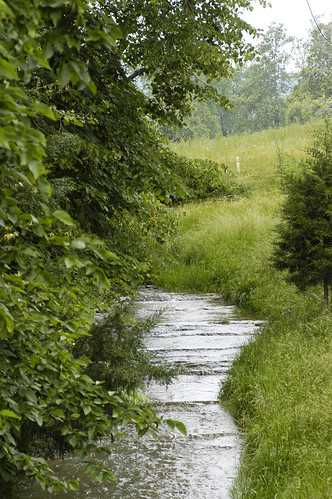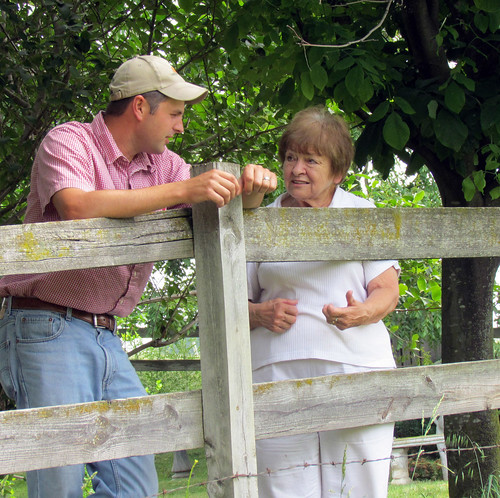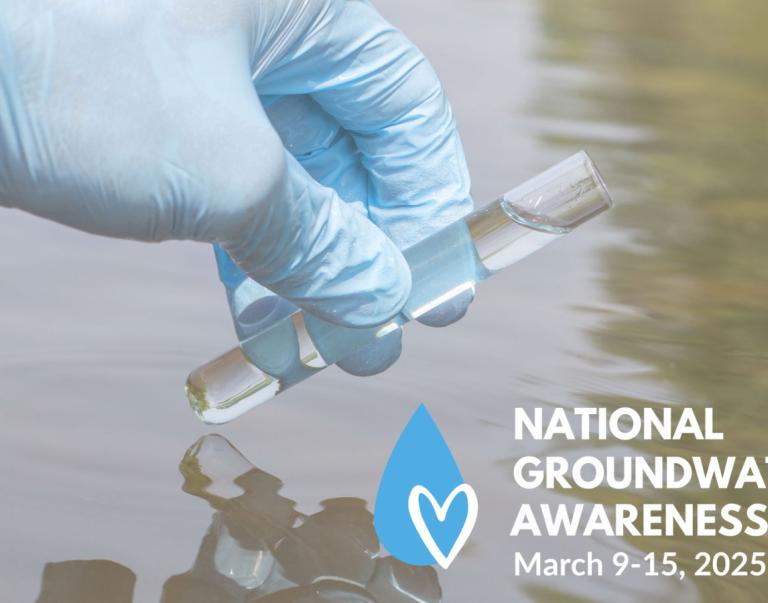
Conservation is in plain sight on Janet Kline’s Hidden View Farm in Virginia, with streamside fencing and buffers well integrated into the rolling vistas of the Massanutten and Little North mountains.
These conservation practices were implemented with the help of USDA’s Natural Resources Conservation Service (NRCS), but caring for the land is a way of life for the long-time Shenandoah Valley resident.
Kline lives in a 155-year-old farmhouse, and keeps about 50 beef cattle and 17,000 breeder layer chickens. When she began working with NRCS, her concerns included streambank erosion (from livestock access to water bodies) and sheet and rill erosion from pasture overgrazing (due to water sources not being evenly spread out).
The cattle were also contributing to nutrient and bacterial contamination of water bodies on the property. Contaminants in waterways within the Chesapeake Bay Watershed eventually reach the Bay itself.

To address these problems, Kline installed a stream crossing and fencing and put in a watering system for her cattle. She also planted forest buffers between agricultural production areas and waterways to help filter out contaminants. The buffers have the added benefit of providing habitat for wildlife.
Kline received assistance through NRCS’ Chesapeake Bay Watershed Initiative, which helps agricultural producers in the Chesapeake Bay Watershed reduce nitrogen, phosphorus and sediment runoff to protect the water quality of the Bay.
Her work is also being funded in part by a Chesapeake Bay Foundation Cooperative Conservation Partnership Initiative project to help improve water quality in the Shenandoah Valley.
Kline knows that many producers are concerned about government mandates regarding water quality, but she encourages other producers to contact NRCS about available programs to help offset the cost of addressing the mandates.

- After.jpg: Janet Kline has installed this stream crossing, fencing and a forested buffer using Chesapeake Bay Watershed Initiative funding.
“I’m awfully glad I did this,” explains Kline. “Everyone I worked with was extremely competent and I was very satisfied. I just wish others would follow suit.”
Kline, who is a member of the Virginia Farm Bureau Women’s Committee, works in her community to spread the word about farming and conservation. She is concerned that many of today’s youth don’t think farmers are important because food comes from a grocery store, and donates her time to educate children about farming.
“The land is a loan for your kids and farmland is now growing cement,” she says, referring to development. “We have to think about what we will do in the future. The Bay is a long way away for me, but I want clean water too.”



